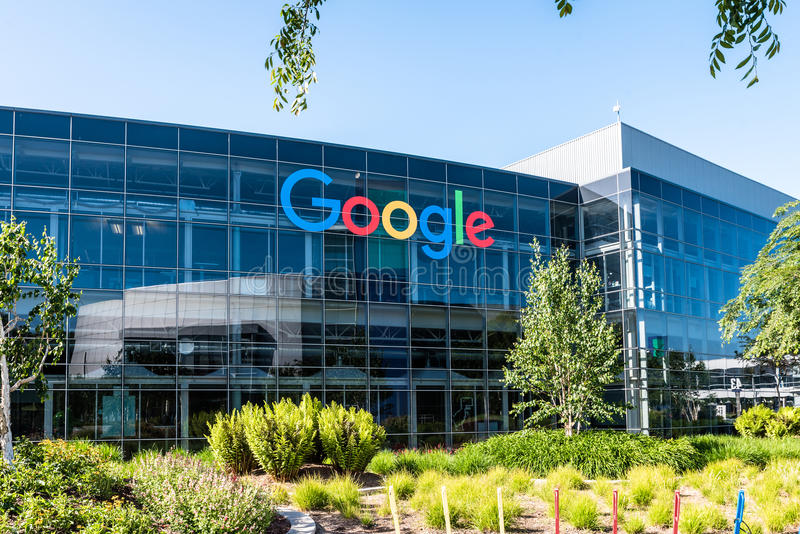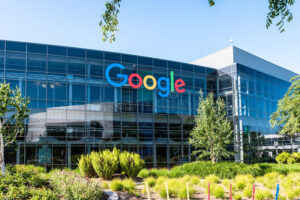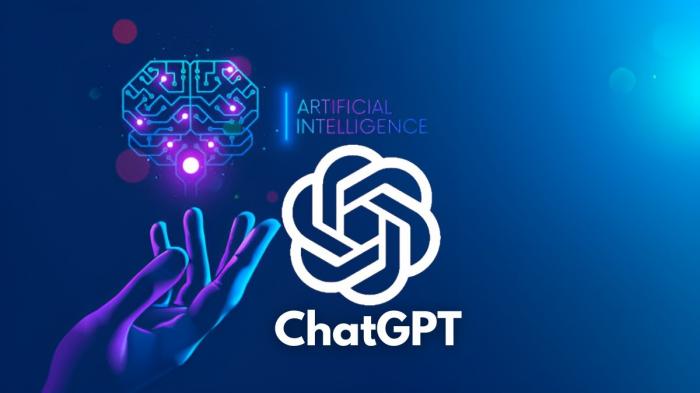The Innovator’s Dilemma Facing Google May Well Have a Solution
Jaspreet Bindra

The book ‘Innovator’s Dilemma: When New Technologies Cause Great Firms to Fail’ authored by the legendary Clayton Christensen was chosen by The Economist as one of the six greatest business books ever written. It expanded on the concept of disruptive technologies, a term Christensen himself had coined earlier, and how they could unseat great established companies – not because management was doing the wrong things, but because it was doing almost everything right! “The reason [for why great companies failed] is that good management itself was the root cause,” wrote Christensen. “Managers played the game the way it’s supposed to be played. The very decision-making and resource allocation processes that are key to the success of established companies are the very processes that reject disruptive technologies: listening to customers; tracking competitors’ actions carefully…These are the reasons why great firms stumbled or failed when confronted with disruptive technology change.”
If I were Sundar Pichai, I would be re-reading this book very carefully, and taking notes. The Generative AI tsunami, led by OpenAI’s ChatGPT, has rocked the boats of almost every Big Tech company. However, it is Google which looks most vulnerable, for two reasons. One, its core search business, perhaps the most profitable high growth business ever created, is squarely in the crosshairs. Two, the company holding the gun is not only OpenAI, but also another giant, Microsoft, which has invested and partnered very effectively with OpenAI. Satya Nadella has gone hammer and tongs at Google, moving with the speed of light to integrate ChatGPT into Bing Search, Teams, Azure cloud and all its iconic 365 productivity software. Nadella has publicly declared that it wants Google “to dance, and the world to know that we made them dance.”
Rather than dancing, Google seems to be more like a deer caught in the generative AI headlights, sluggish and frozen. It has countered ChatGPT by its own Bard, but both the product and its reception has been underwhelming. The day of its flawed launch saw Google’s value plummet by a whopping $100bn. Pichai himself has admitted as much: “I feel like we took a souped-up Civic and kind of put it in a race with more powerful cars.” Google has also integrated Bard halfheartedly into its dominant Search engine and, like Microsoft, in many of its web properties. It has declared a ‘Code Red,’ and the founders Larry Page and Sergey Brin are back with sleeves rolled up.
The irony of the situation is that it is Google which first ‘invented’ Large Language Models (LLMs) – before GPT there was its own BERT, and before ChatGPT, there was LaMDA (which is now repurposed as Bard). Right after he became CEO in 2016, Pichai declared Google to be an “AI first” company, declaring that its impact would be greater than “electricity or fire”. Google is now caught in the classical innovators dilemma, as its cash-spewing ten-blue-links business model of search built on the world’s best information database and infrastructure is threatened by a less monetizable conversational chat interface resting on a completely different architecture.
However, it would be foolish to underestimate Google which not only dominates Search, but also the Internet. There is plenty it can do to counter the momentum. Bard, for one, will get much better, as it is upgraded to its more powerful PaLM LLM. Google owns arguably the two best AI teams in the world – DeepMind and Google Brain. Expect them to come up with even better Generative AI models, and newer business models to monetize them. It owns large content properties with YouTube and Gmail, so has an ‘unfair’ free content advantage. Google pays 21% of its search revenue to content sites like New York Times or Quora across the Web to feed content to its engine, and it could very easily increase this Traffic Acquisition Cost (TAC) to lock them out of its competitors. Most search is on the mobile, and Google owns the dominant mobile OS, Android, where no Bing can venture. It pays Apple a colossal $15bn to make it default on iOS too. It has a
brand which is the default for search, and that will be exceedingly difficult to replicate for anyone. Nadella knows all the above, but his game is not to do the impossible and dethrone Google in search, but to reduce Google’s margin in search through increasing TAC, paying Apple more, etc. so that it has less free cash flow for its other businesses, notably cloud. This is not a search war; it is a cloud war.
Pichai is sanguine about the whole deal, telling the Wall Street Journal, “Throughout our history, there are many areas where we haven’t been the first to market something. We didn’t develop the first search engine. We didn’t develop the first browser or the first email product or the first mapping product, and so on. There are times when being first matters a lot. There are some times it doesn’t matter.”
Let’s see if it matters this time.


